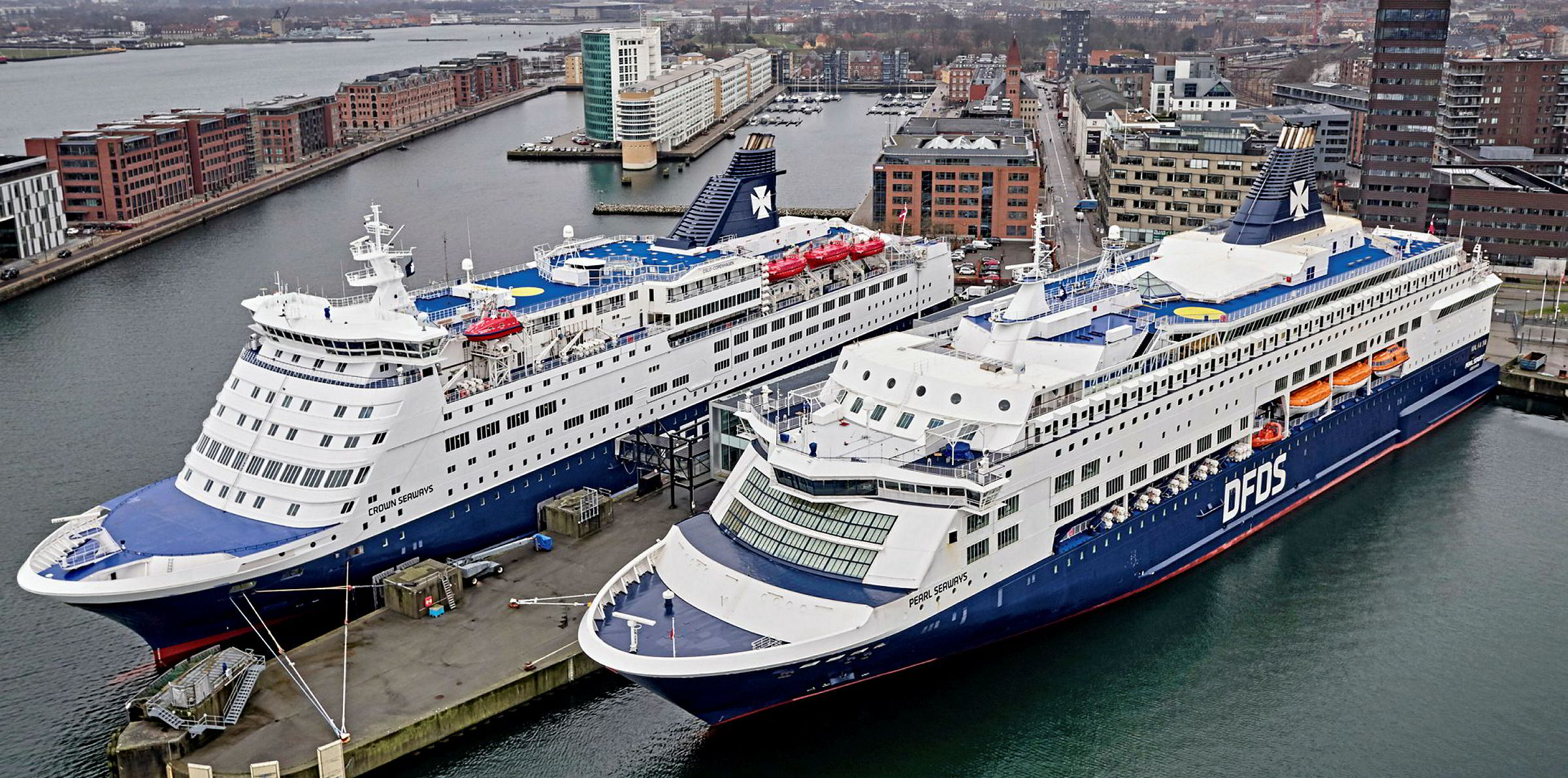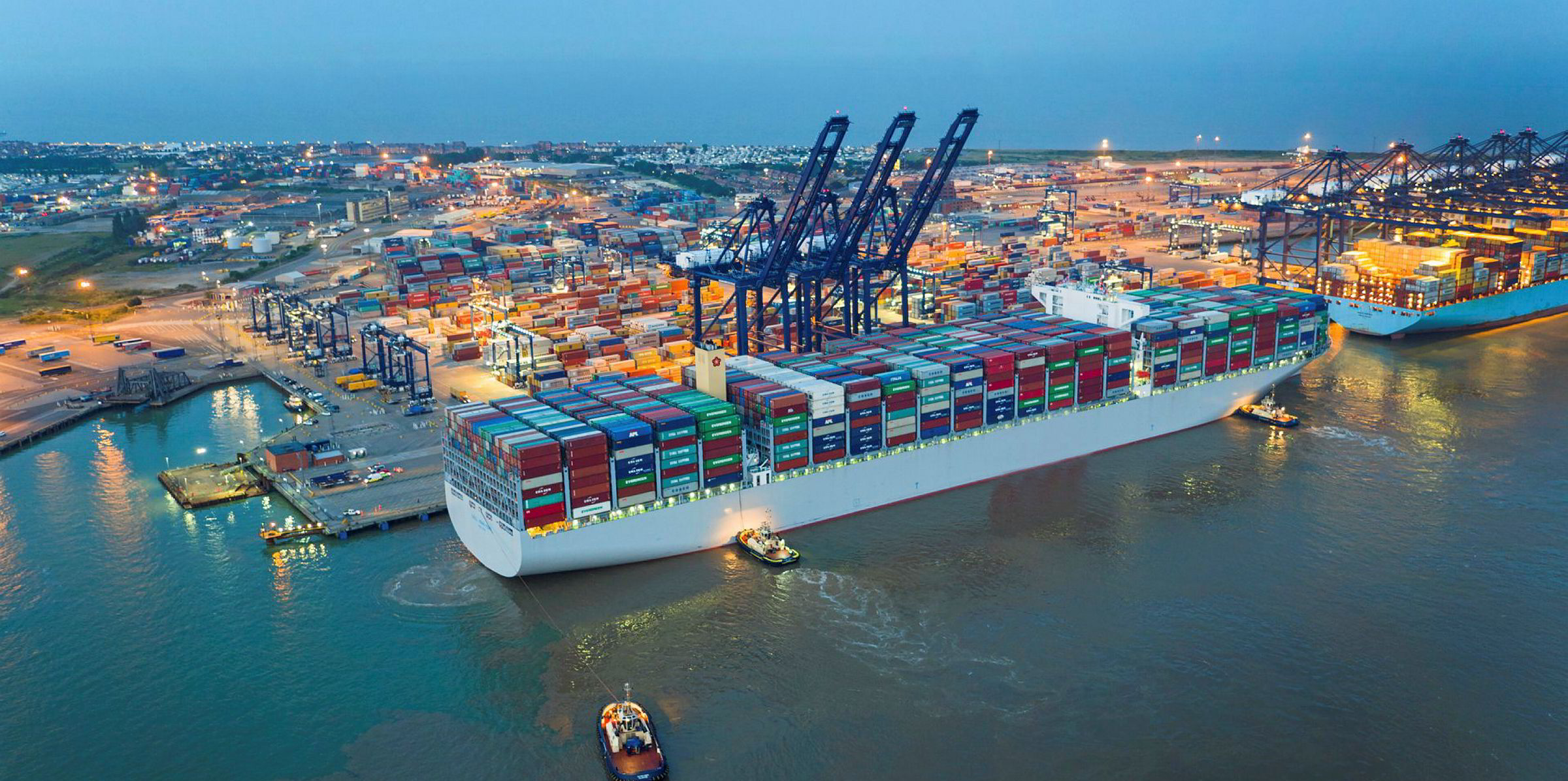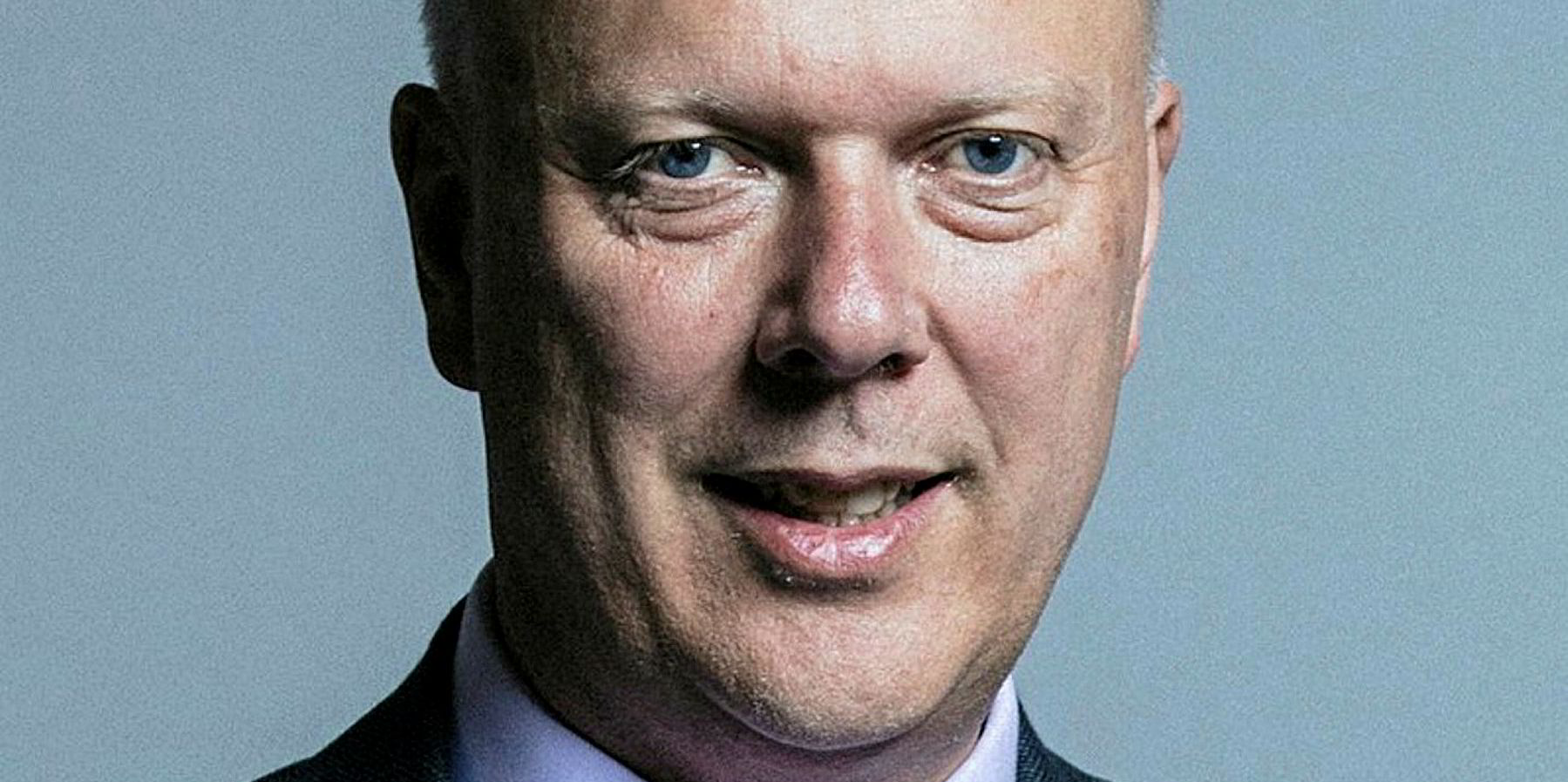The UK government has handed out another £77.6m ($101m) of ferry contracts to ensure the continuation of vital supplies after the Brexit transition period ends on 31 December.
Brittany Ferries, DFDS, P&O Ferries and Stena Line are sharing the deals, which will be in place for six months.
The shipowners will add capacity on routes between mainland Europe and UK ports in Felixstowe, Harwich, Hull, Newhaven, Poole, Portsmouth, Teesport and Tilbury.
Last year, the government paid the same quartet £87m for similar contracts, which were not needed in the end because Brexit was postponed.
Transport minister Grant Shapps said on Tuesday: "As the transition period comes to an end, we are putting the necessary measures in place to safeguard the smooth and successful flow of freight.
Life-saving supplies
"Securing these contracts ensures that irrespective of the outcome of the negotiations, life-saving medical supplies and other critical goods can continue to enter the UK from the moment we leave the EU."
It was the first round of Brexit ferry contracts in 2018 that proved controversial.
The government awarded a £13.8m deal to Seaborne Freight, a company that famously had no ferries.
Seaborne later pulled out of the contract.
The government also ended up paying out £51m to compensate DFDS and Brittany Ferries after it tore up their contracts for routes offering an alternative to Dover.
The UK then had to settle a court case with Eurotunnel for £34m over the lack of a public tender for the deals.
This in turn prompted legal action from P&O Ferries, which had also been left out in the cold.
The RMT union's general secretary Mick Cash said: "It is not enough that these companies actually own ships; these contracts must guarantee British seafarer employment."
He added: "We will not stand for taxpayers’ money being used to subsidise ferry companies that recruit crew from outside the UK so they can pay them less, including rates below the national minimum wage."
Cash said international routes are critical to the UK's economic future. But he added P&O is "walking away" from the Hull-Zeebrugge run and more than 1,200 UK seafarers have lost their jobs since the start of the pandemic.






